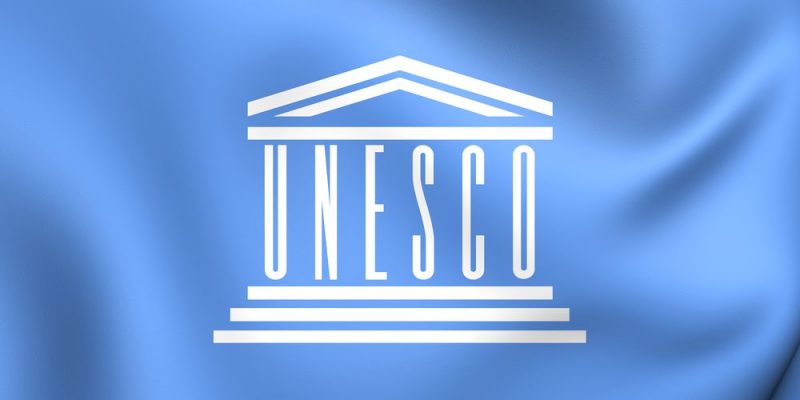By Muhammad Amaan
The United Nations Education, Scientific and Cultural Organisation (UNESCO) said Nigeria need to address out-of-school menace through a multi-sectoral and multi-stakeholder’s approach.
UNESCO representative in Nigeria, Abdourahamane Diallo stated this when he led the UNESCO team on a working visit to the National Commission for Almajiri and Out-Of-School Children’s Education (NCAOOSCE) in Abuja on Monday.
He said that addressing the over 10 million out-of-school menace does not require the old approach adding that all stakeholders must join hands to eliminate the phenomenon.
“The establishment of the commission is an indication of the priority to address these issues.
“I need to underscore the need for a multi-sectoral and multi-stakeholder engagement using evidence-based approach in addressing the phenomenon of Almajiri and out-of-school in Nigeria.
“We cannot resolve it in the old way, we need to blend this approach with the culture and diversity so we need all partners in their respective specialities and their strength,” Diallo said
He said that in addressing the challenges, there is a need for innovation, creativity and partnership for the needed change that will ensure sustained impact.
“UNESCO is responsible to support the SDG 4 in this regard to ensure inclusive and equitable quality education and promote lifelong learning for all and we will continue to support the country,” Diallo said.
Earlier, the Executive Secretary, NCAOOSCE, Sha’aban Ibrahim Sharada said that collaboration and knowledge sharing were essential to achieving the ambitious goals of returning out-of-school children back to the classroom.
Sharada commended the strengthening of UNESCO’s long-standing partnership with the Nigerian education sector, saying that numerous activities were already rolled out through the collaborations.
“These partnerships have seen fruitful outcomes, including workshops and meetings such as the 2023 event on “Basic Science for Sustainable Development” and the “Education for Sustainable Development.”
“Such initiatives demonstrate the power of collaboration in addressing educational challenges and advancing shared goals.
“Building upon this rich history of cooperation, we at NCAOOSCE believe that our strategic goals significantly align with SDG 4 of UNESCO’s 2030 Agenda and its mission to ensure inclusive and equitable quality education for all,” he said.
The executive secretary said that with the challenge of over 10 million out-of-school children, there was need to call upon UNESCO to lend its invaluable support in several key areas that align with its objectives.




